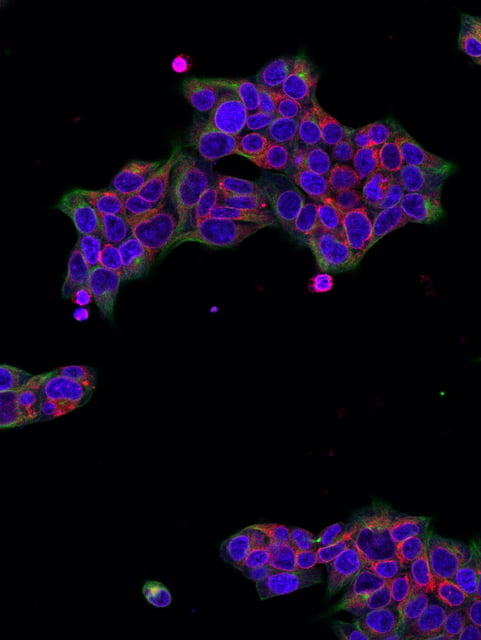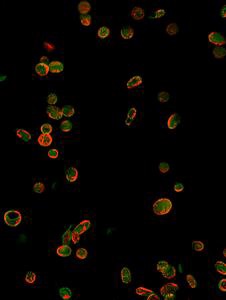Overview
- Researchers used advanced proteomic analysis of human and mouse platelets to identify significantly higher SEC61B levels in individuals with type 2 diabetes.
- Elevated SEC61B disrupts calcium storage within platelets, causing mineral leakage that leads to hyperreactivity and increased clot formation.
- Laboratory experiments and animal models demonstrated that anisomycin inhibition of SEC61B markedly reduced platelet clumping.
- Standard antiplatelet drugs such as aspirin are up to three times less effective in people with type 2 diabetes, highlighting the need for targeted approaches.
- Investigators estimate preclinical trials of SEC61B inhibitors could begin within two years, with potential patient therapies emerging within about a decade after safety and efficacy testing.


